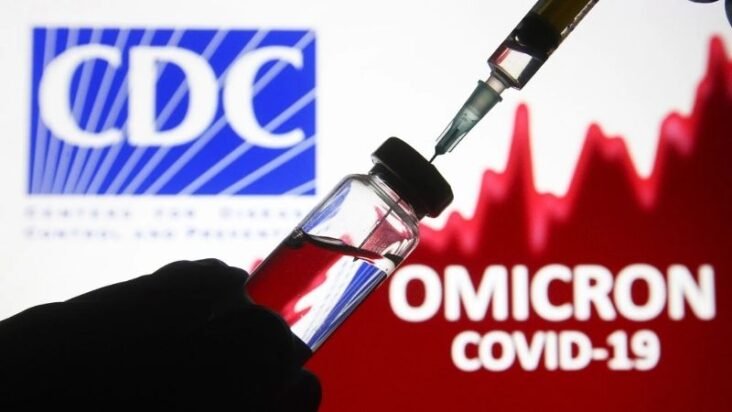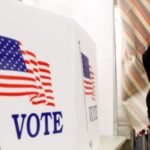
People say the Centers for Disease Control and Prevention has a messaging problem. But the CDC’s problem is not messaging — it’s issuing flawed guidance while covering up the data.
Case in point: pushing boosters for young people.
After the Food and Drug Administration inexplicably bypassed its expert advisory committee to authorize boosters for all young people, the CDC director overruled her own experts’ down vote of the boosters-for-all proposal. That’s the magic of a call from the White House. Two top FDA officials, including the agency’s vaccine center head, quit over White House pressure to authorize boosters for the young.
But after the FDA and CDC rammed through the recommendation, they made sure the public wouldn’t see the real-world data. Despite repeated pleas to release all its data, the CDC only posted stats on boosters in people over age 50.
What have they been hiding? As a proxy, let’s take a look at what the CDC just published on people 50 to 65: For the fully vaccinated, the booster reduces the risk of COVID death from 4 per million to 1 per million. Who are those three helped by a booster? They’re not healthy people. One study of breakthrough hospitalizations found 75% had at least four comorbidities.

So the three people age 50 to 65 per million saved by a booster are almost certainly immunosuppressed individuals, a subgroup for whom boosters have long been recommended. Of course, the CDC doesn’t disclose what medical conditions those few who died had — it only has 21,000 employees to collect that information.
We once again have to look overseas for reliable data. An Israeli population study in the New England Journal of Medicine compared boosted vs. nonboosted people with the primary vaccine series. The risk of COVID death among nonboosted people under age 30 was zero — the same as it was among boosted.

A note for college administrators enforcing booster mandates: You can’t reduce a mortality risk of zero any lower with a booster.
The CDC claims it didn’t release booster data because it feared the information would be misinterpreted. No, it’s because the stats don’t support its agenda. Yet public health officials continue to beclown themselves by demanding all Americans over age 12 get boosted.

On the bandwagon
Most of the media have fallen for it. Throughout the pandemic, the New York Times and other outlets have only sourced doctors on the establishment groupthink bandwagon, dangled fear to young people and blindly amplified every edict government doctors fed without asking questions, just as the press did with weapons of mass destruction in Iraq.
We’ve seen medical bandwagon thinking hurt us before. The dogma that COVID spreads by surface transmission, children must be shut out of school and the barbaric separation of Americans from their dying loved ones. Our public health leaders continue to make critical mistakes and affirm each other with groupthink while journalists give them a megaphone to broadcast their agenda, unchecked, failing to ask basic questions, like: Where’s the supporting data? What’s the incidence of myocarditis after a booster in young people?
This week, one Times reporter finally picked up on what many of us have been saying about the CDC’s deception.
Similarly, the CDC put out two highly flawed studies to promote mask mandates. Now the last people in America required to cover their faces are children, waiters, waitresses, servers, and staff — people who are powerless.
The American people are hungry for honesty. They see the inequity of COVID policies and want the data straight, not politically curated by a small group of like-minded scientists.

If I were advising President Biden, I would tell him the CDC needs to restore public trust by making all its data available to researchers in real time. It’s time we end secret data laboratories in government.
The American people realize public health officials have been lying to them. A response to a national health emergency should warrant more data transparency, not less.
Marty Makary, MD, MPH, is a professor at the Johns Hopkins University School of Medicine and author of “The Price We Pay: What Broke American Health Care — And How to Fix It.”



